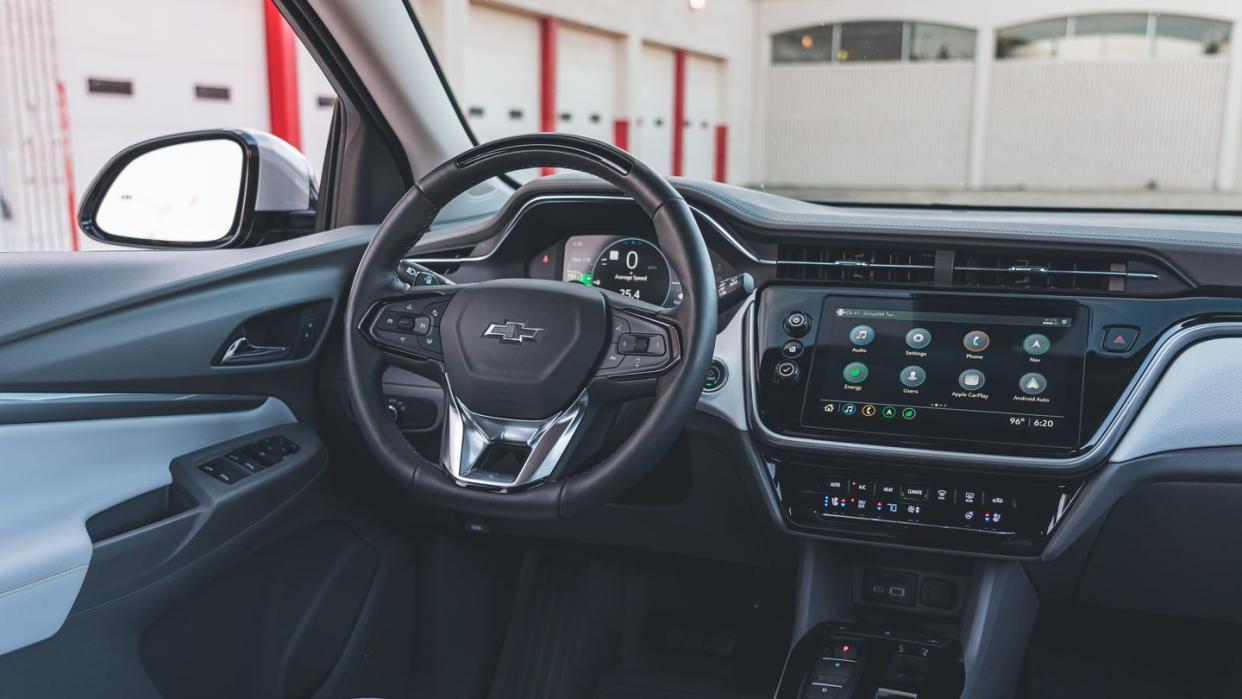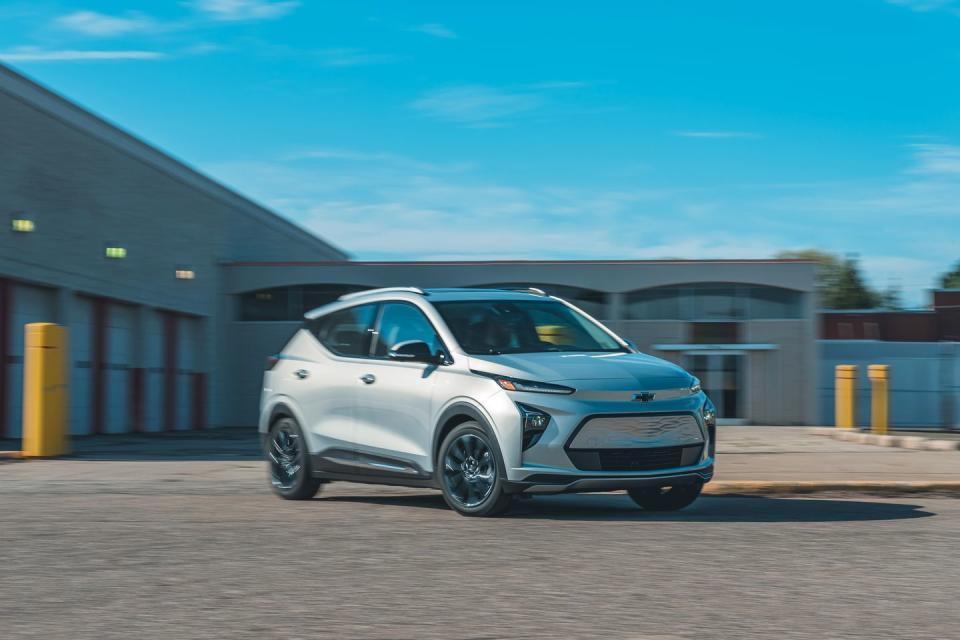Your 'Connected' Car May Be Transmitting Your Driving Data to Insurance Companies

"Hearst Magazines and Yahoo may earn commission or revenue on some items through these links."
A large amount of driver data from internet-connected vehicles is being shared with the drivers' insurance companies, the New York Times reported this week.
Some people don't realize that their driving habits are being monitored in a way that can affect their insurance premiums.
OnStar Smart Driver—one of GM's connected services—is known to share this data, but other automakers have similar programs, and the Times report specifically named a data broker, LexisNexis, that gathers such information for the auto-insurance industry.
Most new vehicles offer internet services that help provide all sorts of popular features, from in-car apps to remote functions to Wi-Fi hot spots. However, these "connected" cars can also be a gold mine of driver data—not only for automakers, but also for insurance companies. The extent of the tracked driver data and how it can affect insurance rates was detailed in a New York Times article published this week.
The story centers around how automakers such as General Motors share customers' driving behavior with data-collection companies such as LexisNexis, which in turn sells that information to auto insurance companies. In one example, the Times detailed how in 2022 the driver of a leased Chevy Bolt EV only discovered that his driving habits were shared with his insurer after his rates reportedly increased by 21 percent. The man claimed to have had no idea his information was being tracked and shared.

That's the main issue here. Automakers are collecting user data, but sometimes it's without effectively letting customers know. When a person actively agrees to have their driving habits monitored, the practice is known as usage-based insurance. However, as the Times article explains, it's becoming more common with internet-connected cars that drivers are unknowingly agreeing to share their data.
The privacy concerns with connected cars is similar to smartphones and other personal devices. People are known to install an app or an update and agree to the terms and conditions without actually reading the small print. A case can be made that it's the individual's responsibility to know what they're agreeing to, but it's also reasonable to expect companies to be transparent about sharing private information. Perhaps that's why—as the Times article points out—California's privacy regulator is now conducting an investigation into the concerns regarding how automakers are collecting and sharing data.
GM's foray into driver monitoring began with its OnStar connected services, namely the Smart Driver program that was first available on certain 2013 or newer models. While customers willingly signed up for 90 days of monitoring, the Times suggests that nowadays many OnStar users might not know that they're enrolled.
Of course, this could also be the case for people who drive connected vehicles from other brands. In 2022, LexisNexis put out a release about its Telemematics Exchange that mentioned the company had hosted data from over 10 million vehicles, with more than 60 percent of automakers "now engaged and expected to be integrated with data available for insurers by the end of 2022."
For anyone who wants to know if their driving habits are being tracked and shared, they should consult the privacy terms of any connected car services they're enrolled in. They can also request a consumer disclosure report through LexisNexis, which is required by the Fair Credit Reporting Act.
You Might Also Like

 Yahoo Movies
Yahoo Movies 
